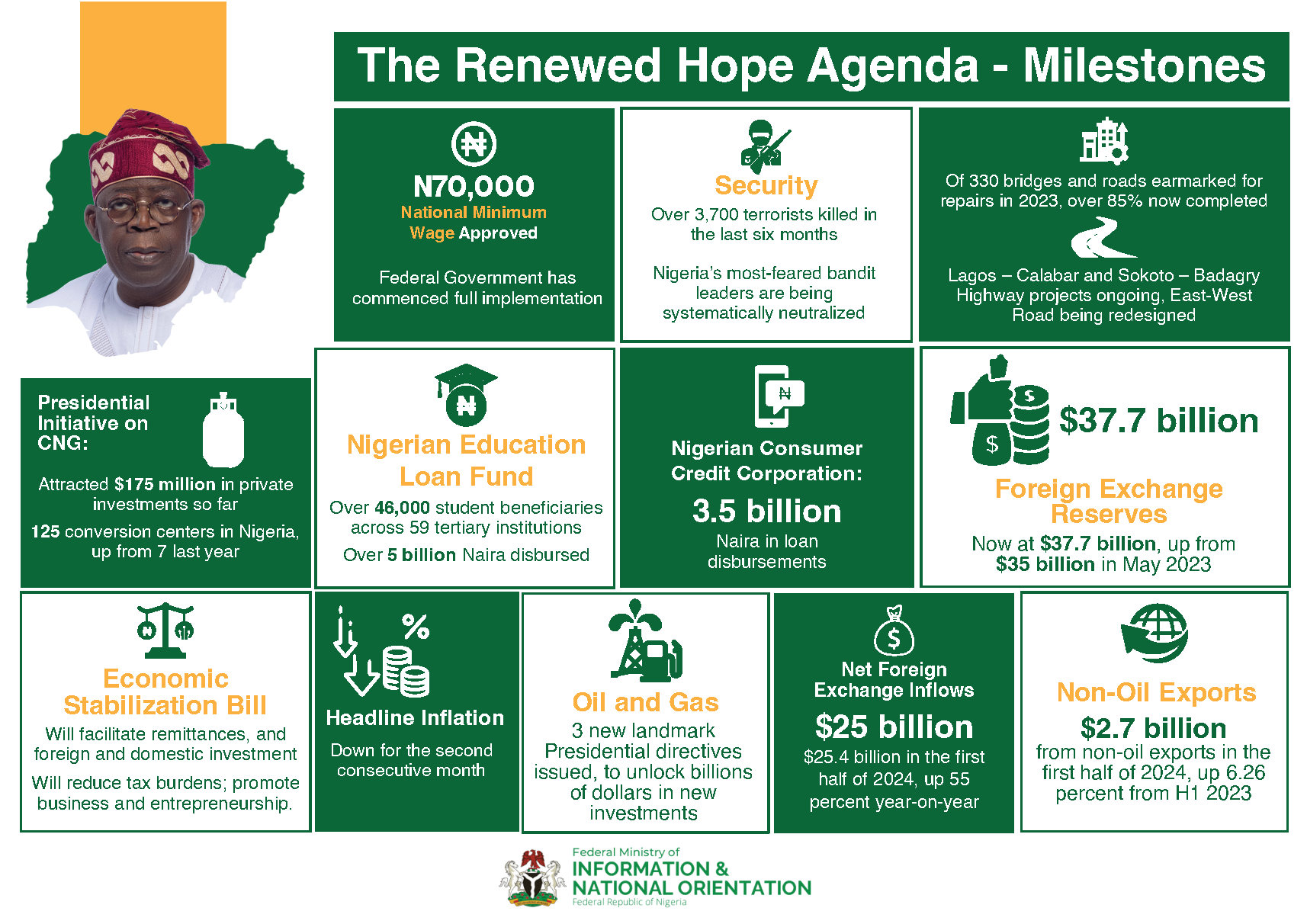Abuja, Oct. 18, 2024 (TheGavel) – Africa’s vast maritime resources hold the potential to generate over $405 billion by 2030, according to the Chief of the Naval Staff (CNS), Vice Adm. Emmanuel Ogalla. Speaking at the recently concluded 5th Sea Power for Africa Symposium (SPAS) held in Cape Town, South Africa, Ogalla emphasized the critical role of the continent’s maritime domain in driving economic growth and food security.
In his keynote address, themed “Good Order at Sea in the African Maritime Domain,” Ogalla stressed that sustainable management of Africa’s marine resources is essential for harnessing their economic potential. He projected that beyond the staggering $405 billion, Africa’s coastal tourism sector could generate an additional $100 million, with the potential to create over 57 million jobs across the continent by 2030.
This was disclosed in a statement issued by the Director of Navy Information, Commodore Aiwuyor Adams-Aliu, on Friday in Abuja.
Harnessing Africa’s Blue Economy
Ogalla highlighted that the African Integrated Maritime Strategy (AIMS) serves as a guiding framework to capitalize on the wealth creation opportunities within Africa’s maritime domain. The strategy envisions fostering an ocean-based economy within a secure maritime environment. This aligns with the goals of the African Continental Free Trade Agreement (AfCFTA), which is projected to increase intra-African freight by 28% and demand for maritime transport by 62%.
“A significant portion of global trade passes through African waters, and maritime activities currently contribute more than 20% of national revenues for some African countries,” Ogalla noted.
Non-Traditional Maritime Threats
However, the CNS warned that the wealth within Africa’s waters also attracts a range of non-traditional security threats. These threats, including piracy, illegal fishing, oil theft, and other maritime crimes, pose significant challenges to regional stability.
“The richness of these waters and the intense economic activities within them expose our maritime domain to a range of non-traditional threats, posing significant challenges to regional stability,” he said.
To counter these threats, Ogalla urged African navies and coast guards to strengthen security cooperation across the continent. He emphasized that Nigeria remains a key player in the fight against maritime crime, particularly in the Gulf of Guinea.
Nigeria’s Role in Maritime Security
Ogalla highlighted Nigeria’s successful efforts in reducing piracy and other maritime crimes through the Nigerian Navy’s Total Spectrum Maritime Strategy, which integrates surveillance, rapid response, and law enforcement. This strategy, referred to as the “Trinity-of-Action” approach, contributed to Nigeria’s removal from the list of piracy-prone countries in March 2022—a status it has since maintained.
He further emphasized the broad incentives for maritime security cooperation, noting that securing African waters would not only enhance regional stability but also stimulate trade, attract tourism, and foster overall economic growth and prosperity.
Sustainable Fisheries and Environmental Protection
Vice Adm. Ogalla also touched on the importance of environmental stewardship in Africa’s maritime domain. He urged African navies to take decisive action to prevent oil spills, reduce waste dumping, and ensure sustainable fisheries management. These efforts, he argued, are critical for maintaining long-term food security and the health of the continent’s marine ecosystems.
“Ultimately, the security of our maritime borders is essential for regional stability and the achievement of our national objectives,” he added.
Africa’s Unified Maritime Vision
The 5th Sea Power for Africa Symposium served as a crucial platform for African nations to collaborate on safeguarding and utilizing their maritime resources. Ogalla described the event as opening new frontiers for the protection and sustainable use of Africa’s seas through collective action.
“Nigeria’s participation in this symposium was highly significant, and it underscores our commitment to a unified maritime security agenda for Africa,” he concluded.(NAN)
Dear readers, we really need your support to keep on serving you with authoritative, truthful, and juicy stories everyday. For your support, please reach out to the editor @gavelinternational66@gmail.com


